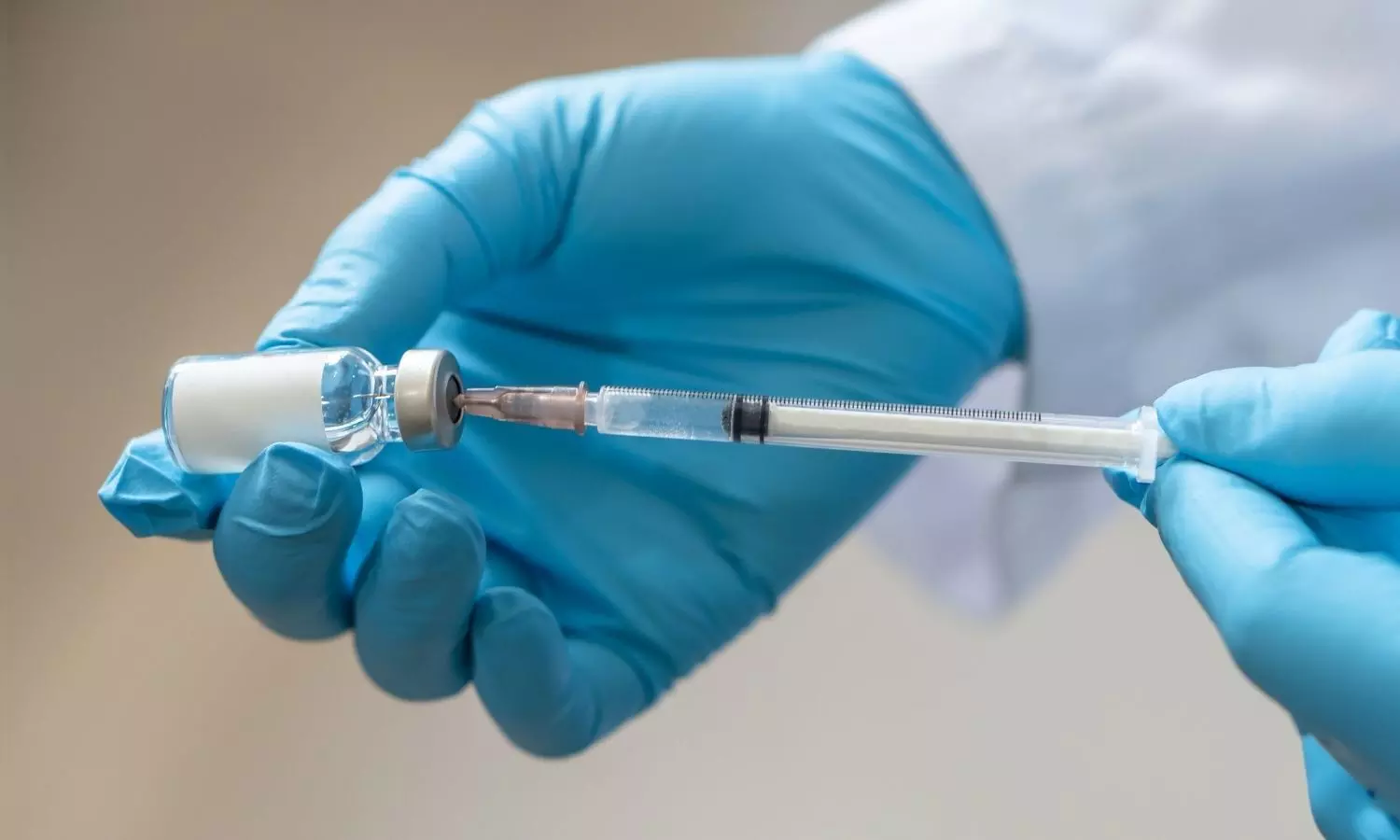ICMR Invites Proposals for Joint Development of Typhoid & Paratyphoid Vaccine

New Delhi: The Indian Council of Medical Research (ICMR) has invited proposals from private companies and manufacturers for the joint development and commercialization of a broad-specificity Typhoid & Paratyphoid vaccine. The vaccine technology, developed by ICMR-National Institute for Research in Bacterial Infections (NIRBI), Kolkata, is based on Outer Membrane Vesicles (OMVs) derived from Salmonella Typhi and Salmonella Paratyphi.
“ICMR, New Delhi invites Expression of Interest (EoI) from eligible organizations, companies, and manufacturers for undertaking ‘Joint development and commercialization’ of Typhoid & Paratyphoid Vaccine,” the apex research body stated.
New Vaccine Technology & Development Plan
The EoI outlines a two-phase approach:
- Phase I: Independent validation of the broad-specificity Typhoid & Paratyphoid vaccine developed by ICMR-NIRBI, Kolkata.
- Phase II: Joint R&D, scale-up, regulatory approvals, clinical trials, commercialization, and marketing.
ICMR has stated that its role will be to provide expert guidance and technical support, while the collaborating companies will be responsible for manufacturing, obtaining regulatory approvals, and commercialization.
The company would be granted rights to undertake scientific and technical validation of the technology in Phase I only after signing a non-disclosure agreement (NDA). Additionally, selected manufacturers will be required to pay a royalty of 2% on net sales, as per ICMR’s Guidelines for Technology Development Collaboration.
Potential Impact on Public Health
Typhoid fever, caused by Salmonella Typhi, continues to be a significant health concern in India. A 2021 study estimated that the country recorded approximately 1 crore cases, the highest globally. The disease is characterized by prolonged fever, abdominal pain, and systemic complications.
The vaccine developed at ICMR-NIRBI is designed to offer protection against both Salmonella Typhi and Salmonella Paratyphi A, two major causes of enteric fever. Preclinical studies indicate that the bivalent OMV-based vaccine induces:
- Humoral and cell-mediated immune responses, including activation of CD4, CD8, and CD19 cells.
- Protection in animal models against systemic infection.
- Inhibition of bacterial motility and penetration of mucosal barriers, which may reduce pathogen spread.
According to the EoI, “This bivalent OMV-based vaccine represents a promising candidate for preventing enteric fever caused by Salmonella Typhi and Salmonella Paratyphi A. If successfully translated to clinical use, this technology could fill a critical gap in enteric fever prevention.”
Existing vaccines, including Vi polysaccharide and typhoid conjugate vaccines (TCVs), primarily target Salmonella Typhi and do not provide coverage against Salmonella Paratyphi A. The ICMR-NIRBI vaccine aims to address this limitation by providing broader protection.
ICMR will oversee technical aspects of vaccine development, while selected companies will be responsible for regulatory approvals and large-scale production. The vaccine candidate is currently at Technology Readiness Level (TRL) 4/5, with third-party validation pending.
India has an approved Vi-TT conjugate vaccine for typhoid, which is WHO-prequalified and part of national immunization programs. If the new vaccine demonstrates efficacy in clinical trials, it could contribute to broader enteric fever prevention strategies in endemic regions.


